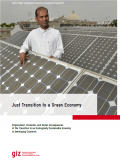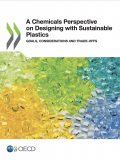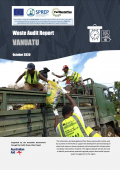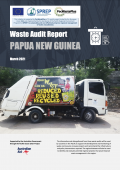The introduction of bylaws by the Mahalaxmi Municipality in Nepal aims to help address the problem of availability of land for waste and sanitation management business. This paper highlights some proposals that were discussed in consultation with the local and federal government and other stakeholders active in waste management.
The main objective of the proposed bylaw in Mahalaxmi is to ease the availability of land for private entrepreneurs willing to establish a waste and sanitation management business, which can include those related to fecal sludge management. The bylaw will guarantee several socio-economic benefits including employment opportunities and subsidized sales of by-products. For Mahalaxmi, the two potential by-products were determined to be biogas and fertilizers.




